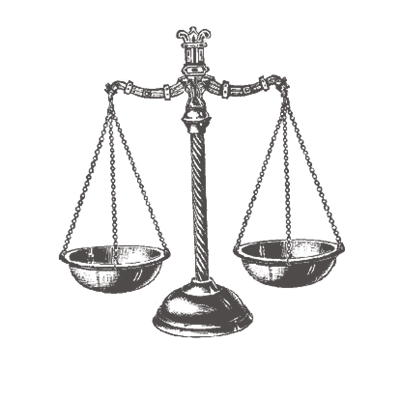Special oversight of contracts for supply of agricultural products
On 17 February 2017 the president of the Agricultural Market Agency issued a set of instructions entitled “Conditions for Monitoring of Contracts for Supply of Agricultural Products.” The document includes guidelines for the content and procedure for conclusion of such contracts and the rules for monitoring compliance with the obligation to conclude contracts in writing between buyers, sellers and intermediaries trading in agricultural products in Poland.

State aid issues

Shares exchange

Restrictions on transactions in strategic sectors

The European account preservation order
Creditors can now attach debtors’ bank accounts under uniform rules across all EU member states.

It’s possible to defend effectively against contractual penalties
This is the conclusion flowing from a non-final judgment issued by the Poznań Regional Court on 2 February 2017 in a case involving one of the largest infrastructure projects in Poland, completed in December 2016.

Changes in taxation of in-kind contributions: Tax incentives for innovators
A new package of tax incentives under the programme described in Poland’s “Innovation Whitepaper” went into force at the beginning of 2017. This legislative move is a bow to researchers and encourages further innovative projects.

Courts make mistakes too
Losses caused by human errors should be made up. But there are fields where it is particularly difficult to obtain damages to redress mistakes.

The concept of agricultural real estate under the Agricultural System Act
The broad limitations on trading in agricultural land introduced by amendment of the Agricultural System Act require extreme caution in any transaction potentially involving this type of property, as the definition of agricultural land assumes huge importance.

The Polar Code is now in force: New regulations and new challenges
The Polar Code entered into force at the beginning of 2017. It is a major event for companies in the maritime industry navigating in Arctic and Antarctic regions.

Additional tax obligation for incorrect VAT settlements
The “big amendment” to Poland’s VAT Act entered into force on 1 January 2017. As the popular title indicates, numerous changes were made in the existing VAT Act. The changes were designed to close loopholes in the law and thus improve VAT collections.

Weaker protection of individual tax interpretations
From the start of 2017, the protection provided by previously issued individual tax interpretations became doubtful. The problem particularly concerns protection when tax advantages are obtained after 1 January 2017 in connection with adjustment to the factual situation or future events which were the subject of the individual interpretation.
